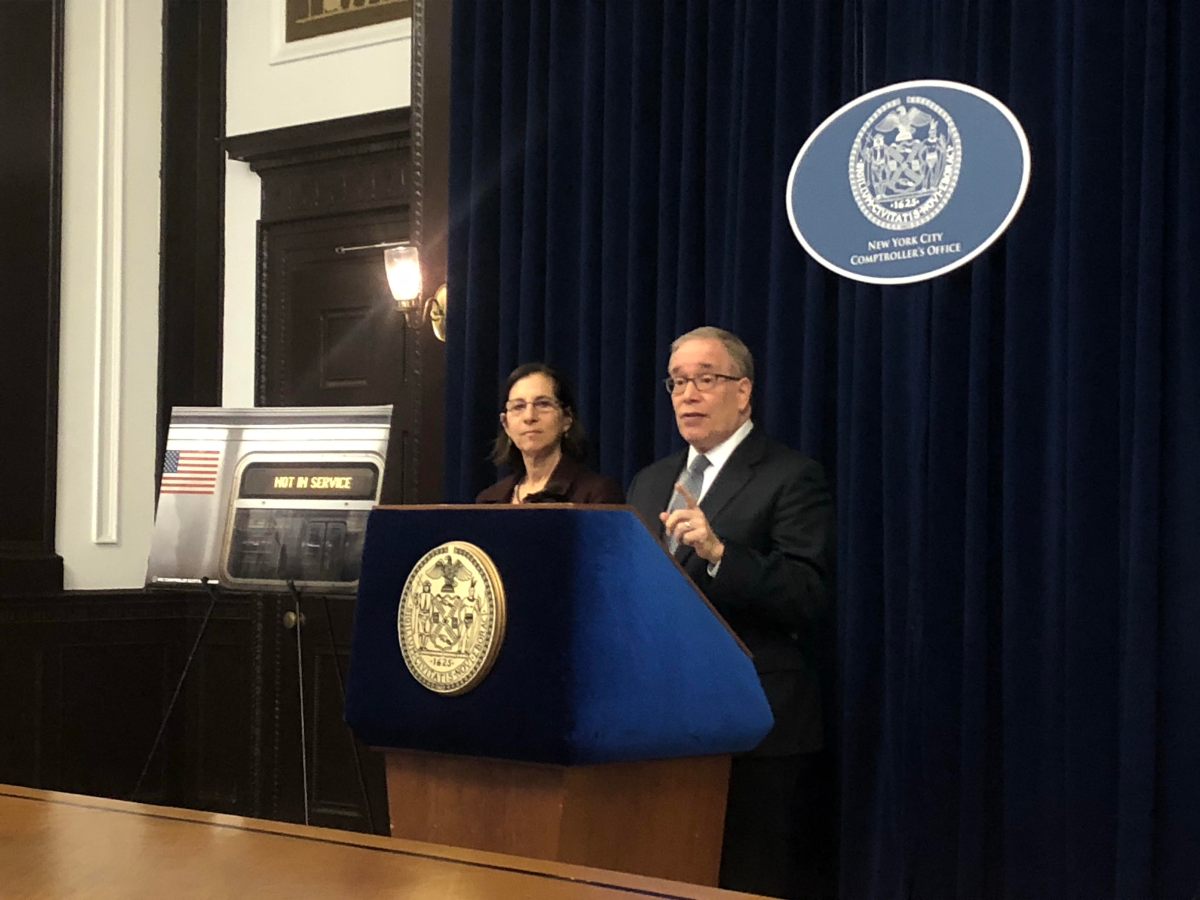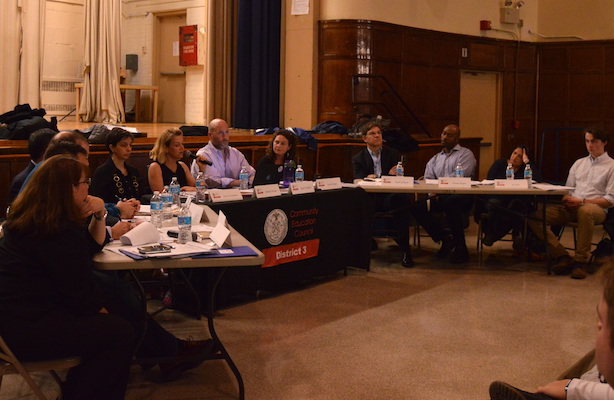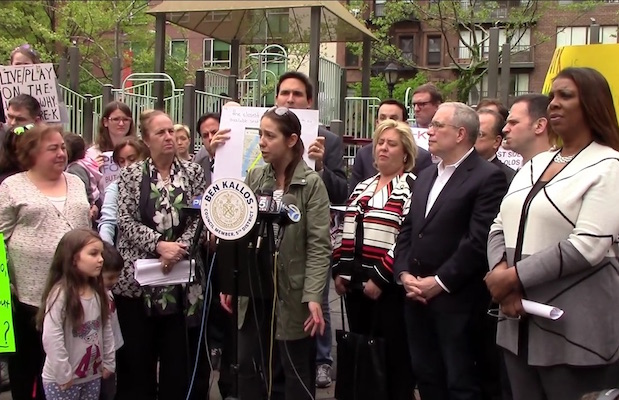The New York City Department of Education cost the city and state over $179 million in federal aid after failing to properly submit paperwork to receive reimbursements for some physical therapy, occupational therapy and speech therapy sessions for special education students, according to a recently released audit from New York City Comptroller Scott Stringer.
According to the audit, the DOE failed to maximize Medicaid reimbursements during the 2018-19 school year by not ensuring that all speech therapy, as well as physical and occupational therapies, met federal and state documentation requirements including verifying provider credentials, providing record session notes, getting parental consent to bill Medicaid and getting written orders or referrals.
In addition, the DOE as a matter of policy does not apply for Medicaid reimbursements for a number of covered services such as psychological counseling, special transportation and nursing. As a result, the department lost out on saving millions of additional dollars. Auditors estimated that the DOE could have been reimbursed for an additional $9 million for psychological counseling, certain speech therapies and other covered services for pre-school and non-public school students.
“This is money that could be in our classrooms supporting our children when they need it most,” said Stringer in a statement.“This mismanagement is unacceptable, and the DOE must improve its process to capture every last dollar eligible for reimbursement. The stakes couldn’t be higher and our children deserve nothing less.”
The DOE vehemently contests the comptroller’s findings claiming all the numbers in the comptroller’s report are overstated by at least 50% given that the city and state split the funding towards these special education services. In addition, the agency argues the comptroller’s office has repeatedly ignored explanations on labor requirements and IEP recommendations over the last several years “in order to fit the narrative of their report.”
“We’ve increased Medicaid reimbursements by tens of millions of dollars since 2015 and our number one priority is delivering the highest quality support and services to our most vulnerable students,” said DOE spokesperson Katie O’Hanlon.”We will continue to work towards maximizing all reimbursements as appropriate but not ahead of getting our students with disabilities the services they need in a timely manner.”
A spokesperson claimed the department has been able to increase the amount of money recouped by federal government for Medicaid-covered services by 400% since 2015 and that 85% of its available reimbursements were collected. And the department complained that the comptroller’s office failed to set any baseline in the audit and that no school system gets 100% of federal reimbursements and that the cost to submit claims in many areas exceeds the reimbursement amount.




































